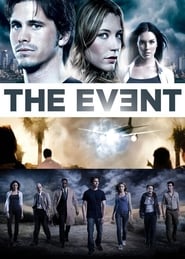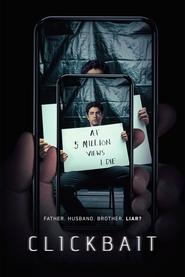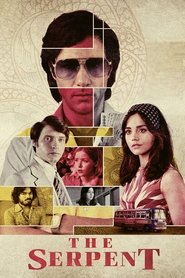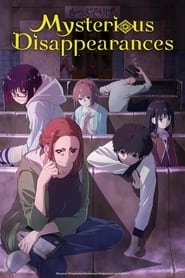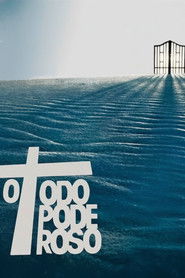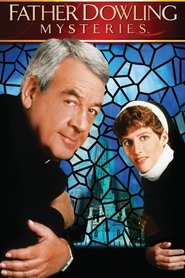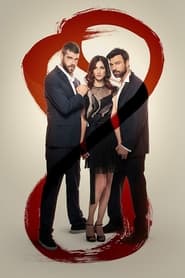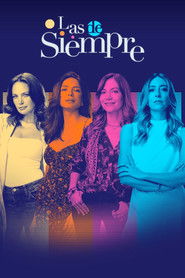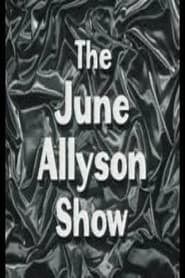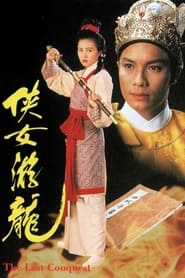Popular Action Adventure TV Series on Pantaflix - Page 495
-
The Event
2010
The Event
2010
star 6.4The Event is an emotional, high-octane conspiracy thriller that follows Sean Walker, an everyman who investigates the mysterious disappearance of his would-be fiancée Leila, and unwittingly begins to expose the biggest cover-up in U.S. history. -
My Sunshine
2015
My Sunshine
2015
star 6.3Years after two college sweethearts went their separate ways, Mosheng and Yichen rekindle their romance despite a barrage of challenges to their love. -
Ladies of the Law
2000
-
Clickbait
2021
Clickbait
2021
star 7.1When family man Nick Brewer is abducted in a crime with a sinister online twist, those closest to him race to uncover who is behind it and why. -
The Serpent
2021
The Serpent
2021
star 7.4The remarkable story of how murderer Charles Sobhraj was captured. As the chief suspect in unsolved murders of young Western travellers across India, Thailand and Nepal’s ‘Hippie Trail’ in 1975 and 1976, Sobhraj had repeatedly slipped from the grasp of authorities worldwide to become Interpol's most wanted man, with arrest warrants on three different continents. -
Mysterious Disappearances
2024
star 6.8Sumireko Ogawa’s dream of becoming a novelist is reinvigorated with new rumors of mystical incidents. Now a clerk at a bookstore, she enlists her young coworker, Ren Adashino, to investigate urban legends, black magic, and ghost stories across the city. Sumireko has a knack for triggering magical events, and Ren has a dark secret of his own. Will they survive their investigation unscathed? -
The Last Goodbye to Mama
2021
star 5A story of hope and despair surrounding the lives of a mother and son from a small town in Subei. The 18-year-old Ding Xiao Jun who lives with his mother Ding Bi Yun has been admitted to a university in Beijing. However, as soon as he entered university, he is ridiculed by his classmates. Ding Xiao Jun starts to rebel until he gets a warning that he will no longer graduate. Luckily, his mother gets through to him in time for him to pull himself together and earn enough credits to graduate. -
Getting On
2013
Getting On
2013
star 6.3Set in a geriatric extended care wing of a down-at-the-heels hospital, Getting On follows put-upon nurses, anxious doctors and administrators as they struggle with the darkly comic, brutally honest and quietly compassionate realities of caring for the elderly. -
O Todo Poderoso
1979
O Todo Poderoso
1979
-
The Newsreader
2021
The Newsreader
2021
star 7.5An unconventional relationship in a world on the cusp of change; a star newsreader and an ambitious bisexual reporter join forces in a ruthless 1986 newsroom, as events unfold that will change their lives. -
Father Dowling Mysteries
1989
star 7.4Father Dowling is a sleuthing parish priest from Chicago who investigates baffling crimes -
Helix
2014
Helix
2014
star 6.6Helix is an intense thriller about a team of scientists from the Centers for Disease Control who travel to a high-tech research facility in the Arctic to investigate a possible disease outbreak, only to find themselves pulled into a terrifying life-and-death struggle that holds the key to mankind's salvation...or total annihilation. -
Magi: Adventure of Sinbad
2016
star 8.1Thirty years before the events of Magi, a brave and handsome young man named Sinbad set sail and started his adventure. The future High King of Seven Seas gradually matured through various encounters and farewells, taking him towards kingship step by step. -
8 Words
2019
8 Words
2019
8 Words: Each of them lays the foundations of a story that will overturn events as the heroes knew them until now. A political thriller with dramatic development and heroes who see their lives moved like puppets by fateful events and circumstances. Tomorrow will become uncertain, terrifying and at the same time unexpected and full of passion and dreams that now seem more likely than ever to come true. -
Bonding
2019
Bonding
2019
star 6.9A New York City grad student moonlighting as a dominatrix enlists her gay BFF from high school to be her assistant. -
Las de siempre
2026
-
The DuPont Show with June Allyson
1959
star 6.3The DuPont Show with June Allyson is an American anthology drama series which aired on CBS from September 21, 1959 to April 3, 1961 with rebroadcasts continuing until June 12, 1961. The series was hosted by actress June Allyson. -
Let's Fall in Love
2016
Let's Fall in Love
2016
-
巴啦啦小魔仙之梦幻旋律
2015
-
The Last Conquest
1994
The Last Conquest
1994
 Netflix
Netflix
 Amazon Prime Video
Amazon Prime Video
 Apple iTunes
Apple iTunes
 Apple TV Plus
Apple TV Plus
 Disney Plus
Disney Plus
 Google Play Movies
Google Play Movies
 Paramount Plus
Paramount Plus
 Hulu
Hulu
 HBO Max
HBO Max
 YouTube
YouTube
 fuboTV
fuboTV
 Peacock
Peacock
 Peacock Premium
Peacock Premium
 Amazon Video
Amazon Video
 The Roku Channel
The Roku Channel
 AMC+
AMC+
 Kocowa
Kocowa
 Hoopla
Hoopla
 The CW
The CW
 Vudu
Vudu
 Starz
Starz
 Showtime
Showtime
 PBS
PBS
 Pantaflix
Pantaflix
 FXNow
FXNow
 Tubi TV
Tubi TV
 Kanopy
Kanopy
 Comedy Central
Comedy Central
 Crunchyroll
Crunchyroll
 Microsoft Store
Microsoft Store
 Redbox
Redbox
 Sun Nxt
Sun Nxt
 ABC
ABC
 DIRECTV
DIRECTV
 Crackle
Crackle
 Fandor
Fandor
 Plex
Plex
